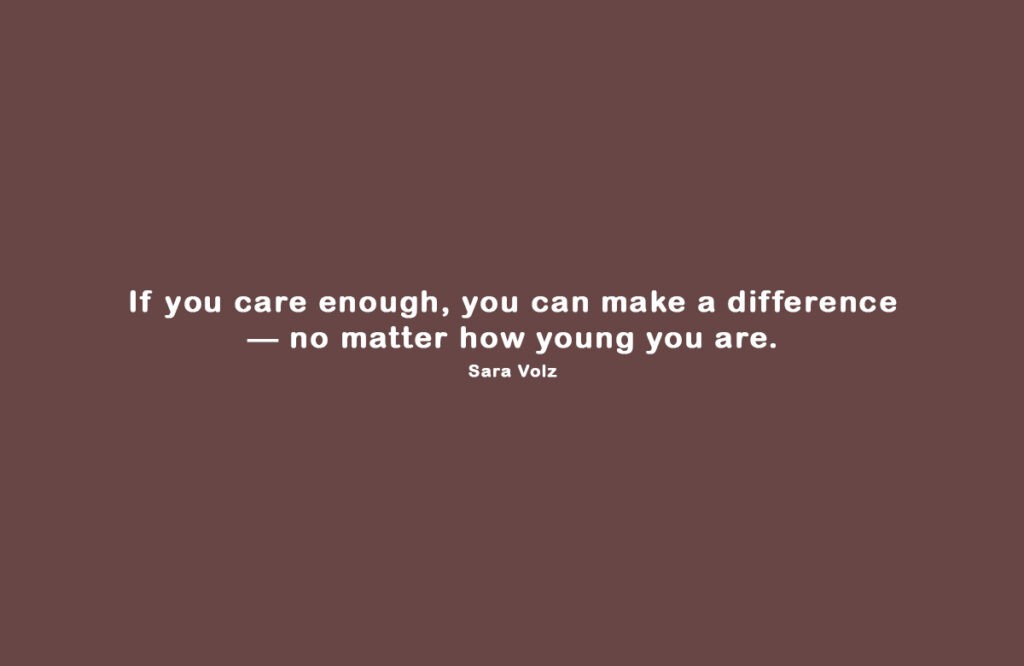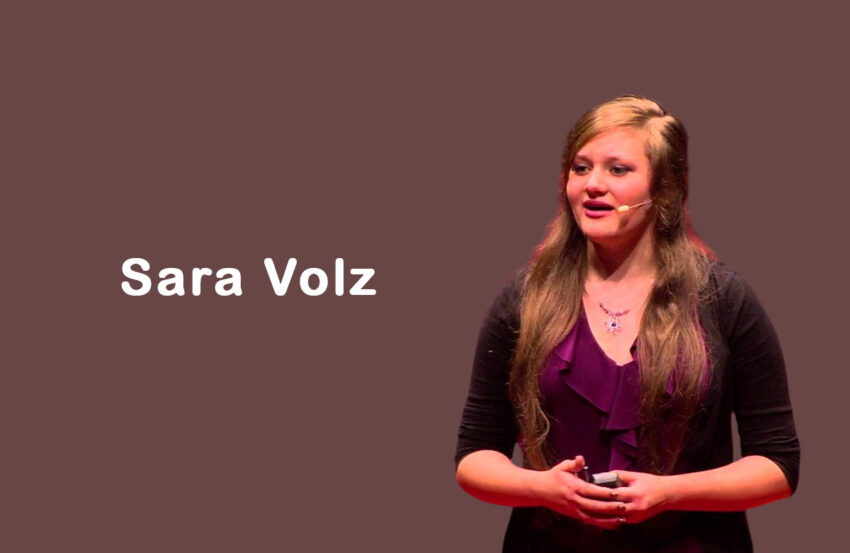At just 17 years old, Sara Volz wasn’t spending her time on social media or school dances — she was conducting advanced genetic experiments in her bedroom and backyard shed.
Her mission? To grow oil-rich algae that could one day replace fossil fuels.
Using a homemade lab, hydroponic systems, and selective breeding techniques, Sara developed a strain of algae that produces four times more oil than standard varieties — a major step toward affordable, sustainable biofuel.
Her project won the Intel Science Talent Search top prize of $100,000 — and earned her recognition as one of the brightest young scientists in America.
This is the inspiring story of how a curious teenager turned her passion for science into a potential solution for the global energy crisis — proving that innovation can grow in the most unexpected places.
Early Life & Passion for Science
A Natural-Born Scientist
Born in Colorado Springs, Colorado, Sara Volz showed an early fascination with biology and sustainability.
From a young age:
- She conducted simple experiments at home
- Loved reading about genetics and renewable energy
- Was deeply concerned about climate change and fossil fuel dependence
Her parents supported her curiosity — even when she asked to convert their backyard shed into a lab.
She once said:
I didn’t want to just learn science — I wanted to use it to solve real problems.
That mindset led her to one of the most promising sources of clean energy: algae.
Why Algae? The Future of Biofuel
A Tiny Plant With Massive Potential
Algae may seem like pond scum, but it’s one of the most efficient organisms for producing biofuel.
Advantages of algae-based fuel:
- Grows rapidly (doubles in hours)
- Doesn’t compete with food crops
- Absorbs CO₂ while growing
- Produces high amounts of oil for fuel
But there was a problem: most algae strains don’t produce enough oil to be cost-effective.
Sara saw this as a challenge — not a dead end.
Building a Lab at Home
Science in a Shed
With limited access to professional labs, Sara turned her family’s backyard shed into a fully functional research space:
- Installed hydroponic systems
- Built temperature-controlled growth chambers
- Used a microscope and pipettes from science fairs
- Worked late into the night after school
She began experimenting with selective breeding — a technique used in agriculture to enhance desirable traits.
Her goal: develop an algae strain that produces more oil naturally.
She tested hundreds of generations, tracking growth rates, oil output, and survival under stress.
After years of trial and error, she succeeded.
Breakthrough: Supercharged Algae
A Strain That Could Change Energy
Sara’s genetically optimized algae:
- Produced 4x more oil than wild strains
- Thrived in low-light and fluctuating temperatures
- Was stable across generations
She also discovered that limiting nitrogen in the water increased oil production — a key insight for future biofuel farms.
Her research wasn’t just impressive — it was practical and scalable.
In 2013, she entered her project in the Intel Science Talent Search — the most prestigious science competition for high school seniors in the U.S.
She won first place and $100,000 — and the scientific community took notice.
Recognition & Academic Excellence
From Shed to Stanford
Sara’s achievement earned her:
- National media coverage (CNN, NPR, Scientific American)
- Invitations to speak at science conferences
- A full scholarship to MIT, where she studied chemistry and bioengineering
- Later, a PhD program at Stanford University
But she remained humble, saying:
I just wanted to see if I could make a difference.
She continued researching sustainable energy and synthetic biology — always focused on real-world impact.
Business & Innovation Lessons from Sara Volz
- You Don’t Need Fancy Labs to Innovate
Sara proved that passion and creativity matter more than equipment. - Solve Real Problems
She didn’t invent for fame — she tackled climate change and energy security. - Persistence Beats Perfection
She failed hundreds of times — but kept refining her approach. - Learn by Doing
She taught herself genetics, chemistry, and engineering through online courses and books. - Turn Constraints Into Strengths
No lab? Use a shed. No funding? Apply for grants and science fairs.
Motivational Takeaways

Sara Volz’s journey offers powerful lessons for students, young innovators, and dreamers:
| LESSON | EXPLANATION |
| You Can Start Small | A backyard shed can become a lab of the future. |
| Passion Fuels Discovery | Love for science kept her going through long nights. |
| Science Can Save the Planet | Her work addresses climate change at its root. |
| Age Doesn’t Limit Impact | At 17, she made a breakthrough adults had struggled with. |
| Be Resourceful | She used what she had — and made it work. |
Inspiring the Next Generation
A Role Model for Young Scientists
Sara now mentors students and speaks at schools about:
- The importance of STEM education
- How to pursue science outside the classroom
- Using innovation to fight climate change
She encourages girls especially to enter science, saying:
Don’t let anyone tell you it’s not your field.
Her story shows that you don’t need a PhD to start solving big problems — you just need curiosity, courage, and commitment.
The Future of Algae Biofuel
Could This Be the Clean Energy of Tomorrow?
While fossil fuels still dominate, algae biofuel is gaining traction:
- Airlines have tested algae-powered flights
- Governments are funding research
- Startups are building large-scale algae farms
Sara’s work laid the foundation for low-cost, high-yield biofuel — and scientists worldwide are building on it.
She once said:
The solutions to our biggest problems might start in someone’s backyard.
And hers did.
Conclusion – A Quiet Revolution in a Backyard Shed
Sara Volz’s journey from a high school student to a pioneering biofuel researcher proves that true innovation isn’t about where you start — it’s about how far you’re willing to go.
Her story teaches us that one person, one idea, and one small lab can contribute to solving global challenges.
So whether you’re a student with a big dream, a teacher inspiring young minds, or a parent supporting a curious child, remember Sara’s message:
If you care enough, you can make a difference — no matter how young you are.
Stay curious. Stay green. And never underestimate the power of a backyard experiment.
